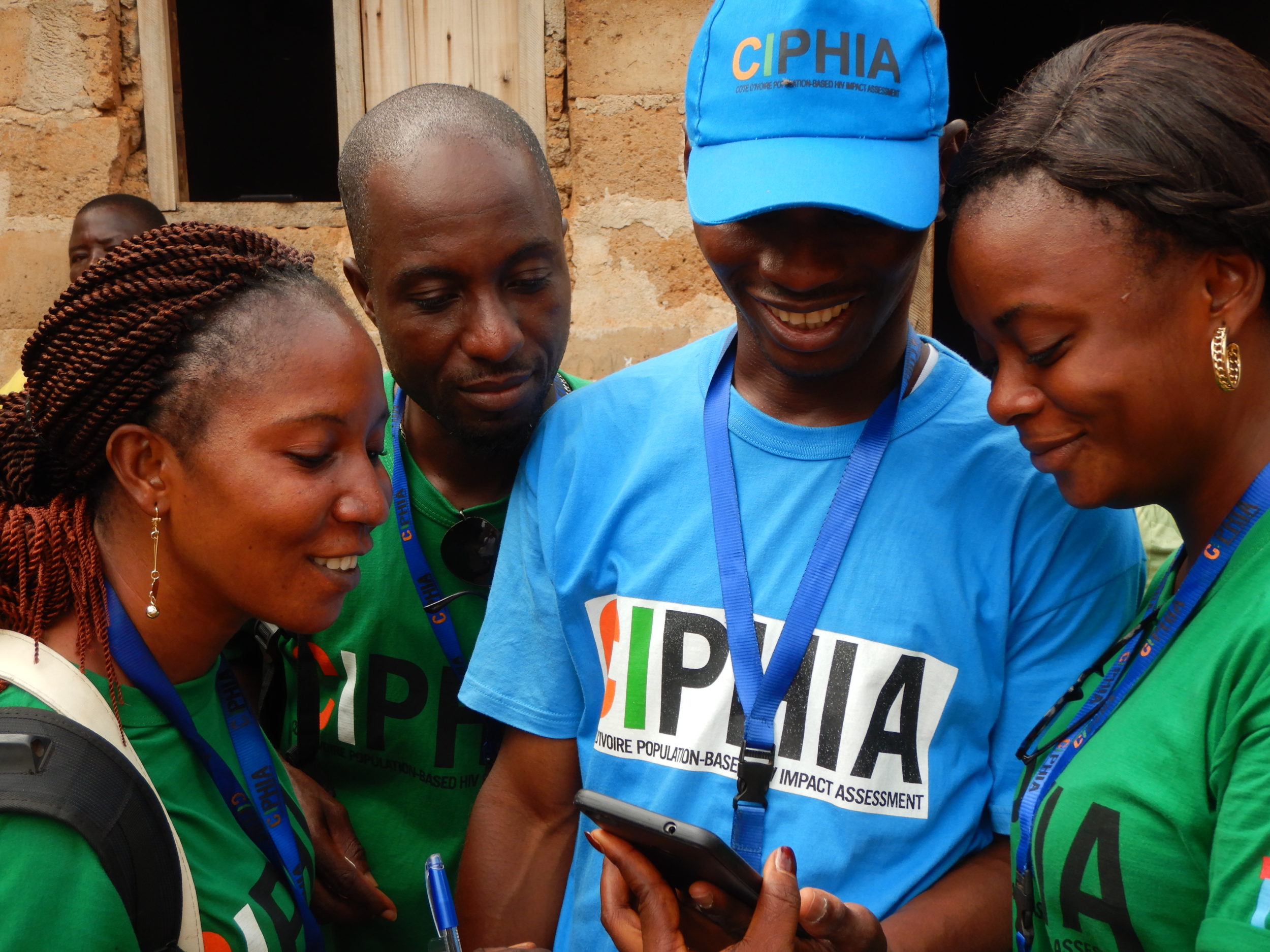Key Findings
%
Annual HIV incidence among adults
%
HIV prevalence among children
%
Viral load suppression among adults living with HIV*
90-90-90 among adults living with HIV
20%
Adults living with HIV reported they know their HIV status
75%
Adults who reported knowing their HIV-positive status also reported they were on ART
75%
Adults who reported being on ART had viral load suppression
Related Resources
No results found.
Recent PHIA News
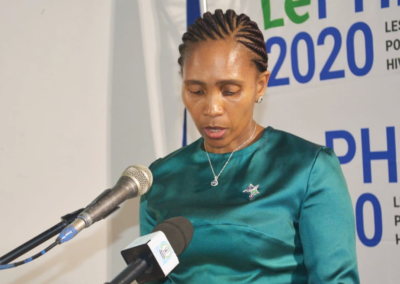
On November 20, 2019, Her Majesty Queen ‘Masenate Mohato Seeiso launched the second Lesotho Population-based HIV Impact Assessment survey (LePHIA 2020).
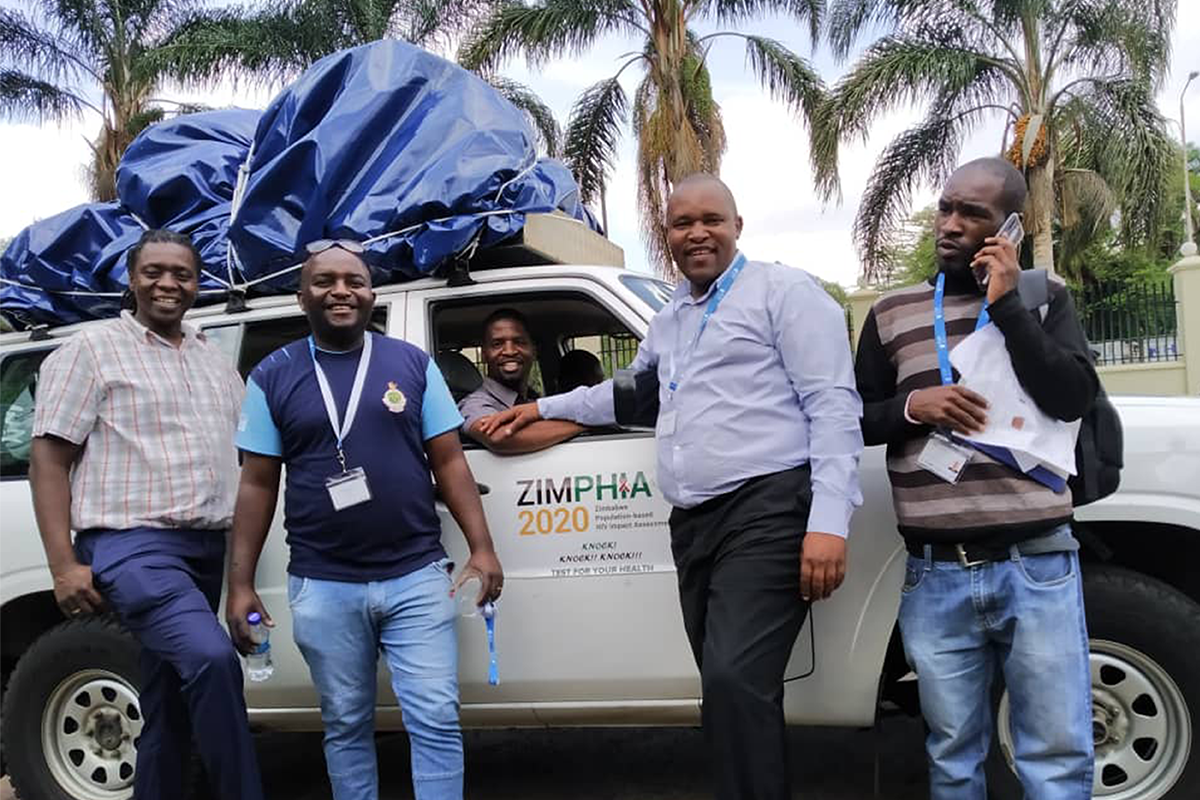
Over the past four months, a familiar refrain was heard throughout the cities, towns, and villages of Zimbabwe. The ‘Knock Knock’ song, which was instrumental to the success of the first Zimbabwe Population-based HIV Impact Assessment (ZIMPHIA) survey, heralded the new survey and with the message of a new chance for the country to take stock of what has been achieved towards controlling its devastating HIV epidemic.
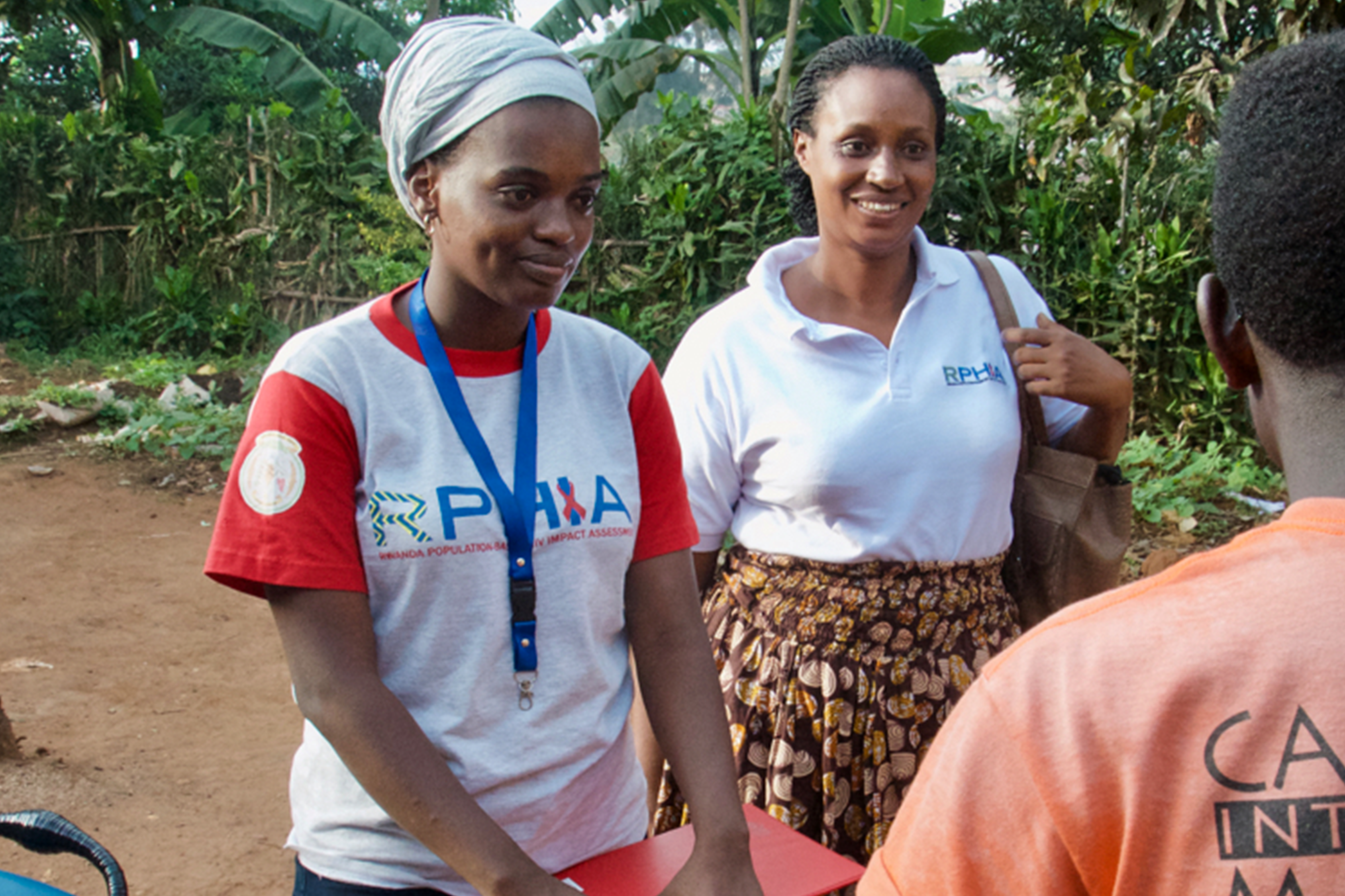
The Government of Rwanda, the U.S. President’s Emergency Plan for AIDS Relief (PEPFAR), the U.S. Centers for Disease Control and Prevention (CDC), and ICAP at Columbia University released new data today that demonstrate Rwanda’s remarkable progress toward achieving HIV epidemic control — particularly in attaining high levels of linkage to treatment and viral load suppression among people living with HIV.
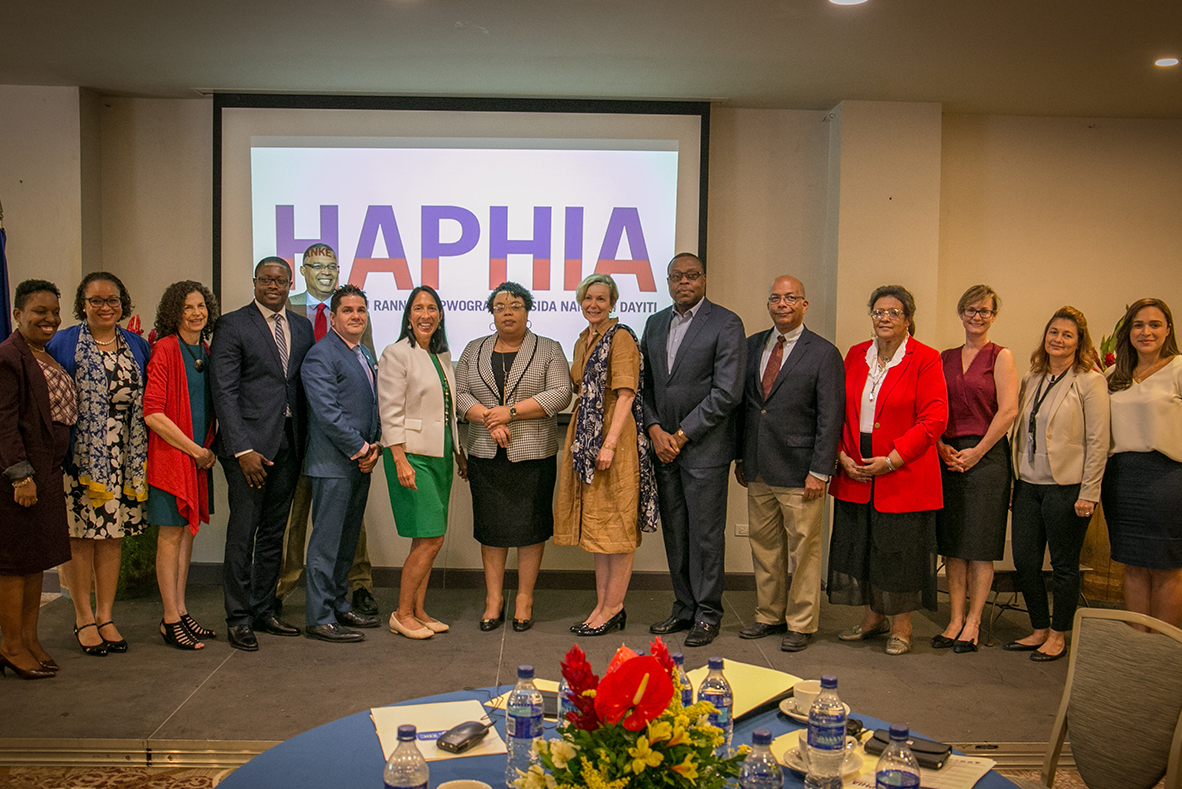
Over the past few decades, Haiti has suffered one of the worst HIV epidemics in the Caribbean region, ...






